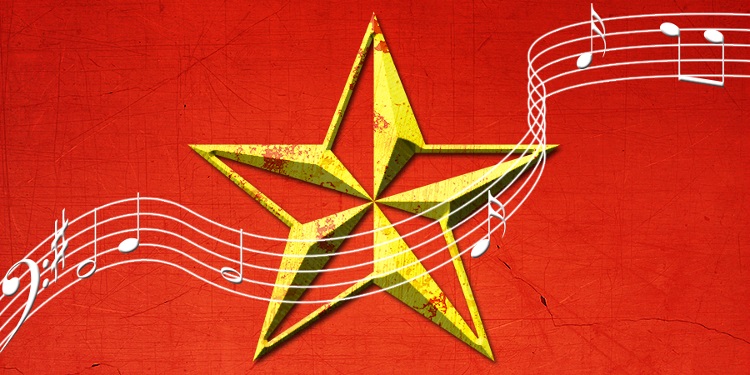Power shuffling and truth-spinning throughout Asia—heads roll and chests puff-out as waning establishments grab for anything to stay afloat. China bails the floundering Communist oil world then doubles its amphibious infantry without a way to transport them. North Korea issues friendly threats to the US. Hong Kong Umbrella Movement leaders are brought to open court where they can bash Beijing even more. Hong Kong legislators open umbrellas inside (for bad luck?) The US disagrees with itself about giving Taiwan permission to fly a flag, China objects to everything. A non-corrupt and popular Taiwanese mayor is attacked by the “other” political party after refusing to associate with their officials currently being investigated for corruption.
The first Taiwanese president from the opposition party was just released from prison by the “other” party that just lost elections. Taiwan’s record unpopular president from the “other” party supports flying the same Taiwanese flag in the US that he would not fly when China visited Taiwan early in his tenure. · · · →

